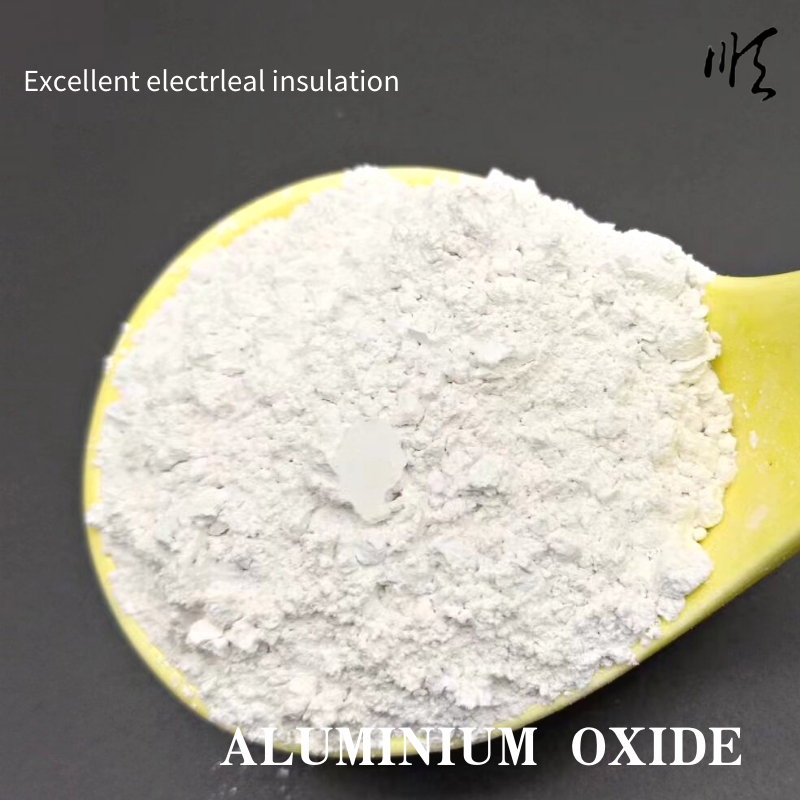
Production and Processing of Talc for Various Industrial Applications
The Talc Factory A Pillar of Industry and Innovation
Talc, a natural mineral composed primarily of magnesium, silicon, and oxygen, is widely recognized for its versatility and multifaceted applications. The talc factory serves as a crucial hub in the production of this remarkable mineral, transforming raw materials into finely processed talc powder that caters to various industries. From cosmetics to plastics, paper, ceramics, and beyond, the importance of talc cannot be understated.
Understanding Talc and Its Properties
Talc is the softest mineral on the Mohs scale, with a characteristic slippery feel and a pearly sheen. Its unique properties make it an invaluable additive in countless products. Talc's ability to absorb moisture and reduce friction is instrumental in the cosmetic industry, where it is often found in face powders and baby powders. In addition to its oil-absorbing properties, talc enhances the texture of products, providing a smooth finish that consumers appreciate.
The properties of talc extend into industrial applications as well. For instance, in the plastics industry, talc works as a filler to enhance strength, rigidity, and thermal stability. Its use in the paper industry improves the brightness and opacity of paper products, while in ceramics, it helps reduce shrinkage and enhance the durability of the final product.
The Talc Production Process
The journey from raw talc to the final product is an intricate one that takes place in a talc factory
. The process begins with the extraction of talc ore from mines, which is then crushed and milled to achieve the desired particle size. This milling process is critical, as different applications require specific talc textures and particle dimensions.Once milled, the talc undergoes a series of processes to ensure purity and quality. This typically includes air classification, which separates different particle sizes based on their densities, and flotation, a method used to remove impurities. The resulting talc is then dried and packaged for distribution.
Quality control plays a vital role throughout the production process. Talc factories often employ advanced technology and rigorous testing to guarantee that their products meet industry standards. This commitment to quality not only ensures customer satisfaction but also enhances the reputation of the factory in the competitive global market.
talc factory

Environmental Considerations
As with any industrial operation, the environmental impact of talc production is a pertinent issue. Talc factories are increasingly adopting sustainable practices to minimize their ecological footprint. This may include responsible mining practices, efficient energy use, and waste reduction strategies. By embracing these practices, talc factories aim to balance production demands with environmental stewardship, ensuring that they remain socially responsible players in the industry.
Some factories are also investing in research to explore alternative materials and innovative processing techniques that further reduce environmental impacts. For instance, advancements in recycling technologies could allow for the reuse of talc in various applications, thus promoting a circular economy.
The Future of Talc Production
Looking ahead, the talc industry is poised for growth, driven by increasing demand in emerging markets and the continuous development of new applications. As industries evolve and seek materials that enhance product performance while being environmentally friendly, talc is likely to remain a vital component in their formulations.
Innovation within talc production is also advancing, with the integration of automation and artificial intelligence in factories. These technologies can improve efficiency, reduce labor costs, and enhance the quality of the final product. By leveraging such advancements, talc factories can meet the rising global demand while maintaining high standards of quality and sustainability.
Conclusion
The talc factory stands as a testament to the ingenuity and resilience of the manufacturing industry. By transforming raw minerals into valuable products, it supports a wide array of sectors, contributing significantly to the economy. With a focus on quality, sustainability, and innovation, talc factories are not just factories; they are vital contributors to the modern world, playing an essential role in daily life across the globe. As we look to the future, the evolution of talc production will undoubtedly continue, ensuring that this remarkable mineral remains at the forefront of industrial applications.
Share
-
Premium Pigment Supplier Custom Solutions & Bulk OrdersNewsMay.30,2025
-
Top China Slag Fly Ash Manufacturer OEM Factory SolutionsNewsMay.30,2025
-
Natural Lava Rock & Pumice for Landscaping Durable Volcanic SolutionsNewsMay.30,2025
-
Custom Micro Silica Fume Powder Manufacturers High-Purity SolutionsNewsMay.29,2025
-
Custom Mica Powder Pigment Manufacturers Vibrant Colors & Bulk OrdersNewsMay.29,2025
-
Custom Micro Silica Fume Powder Manufacturers Premium QualityNewsMay.29,2025






